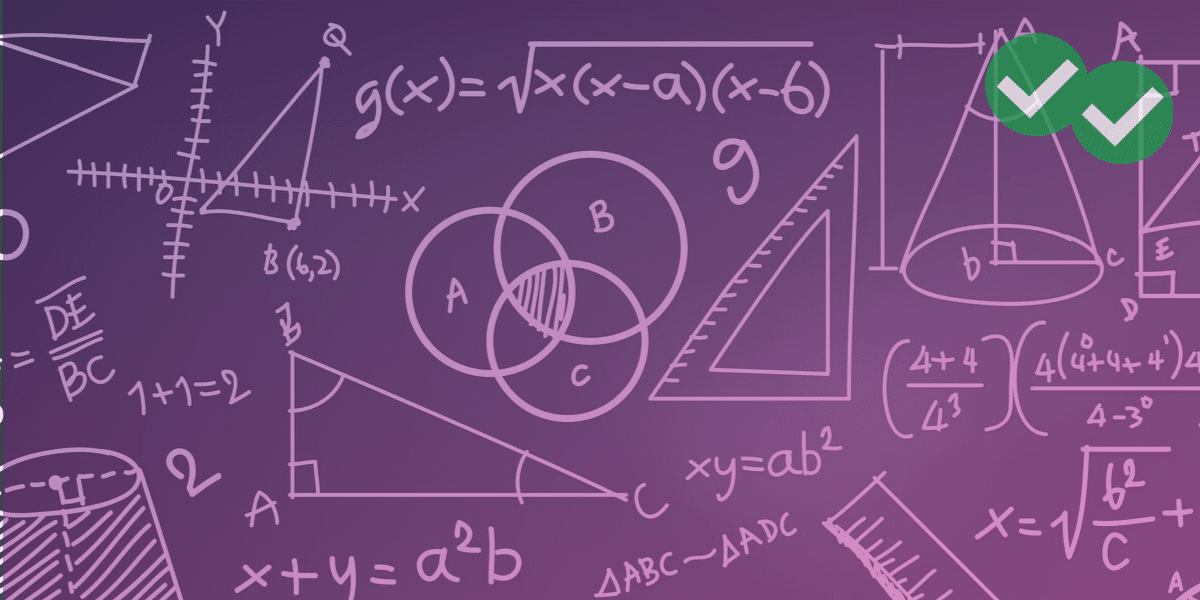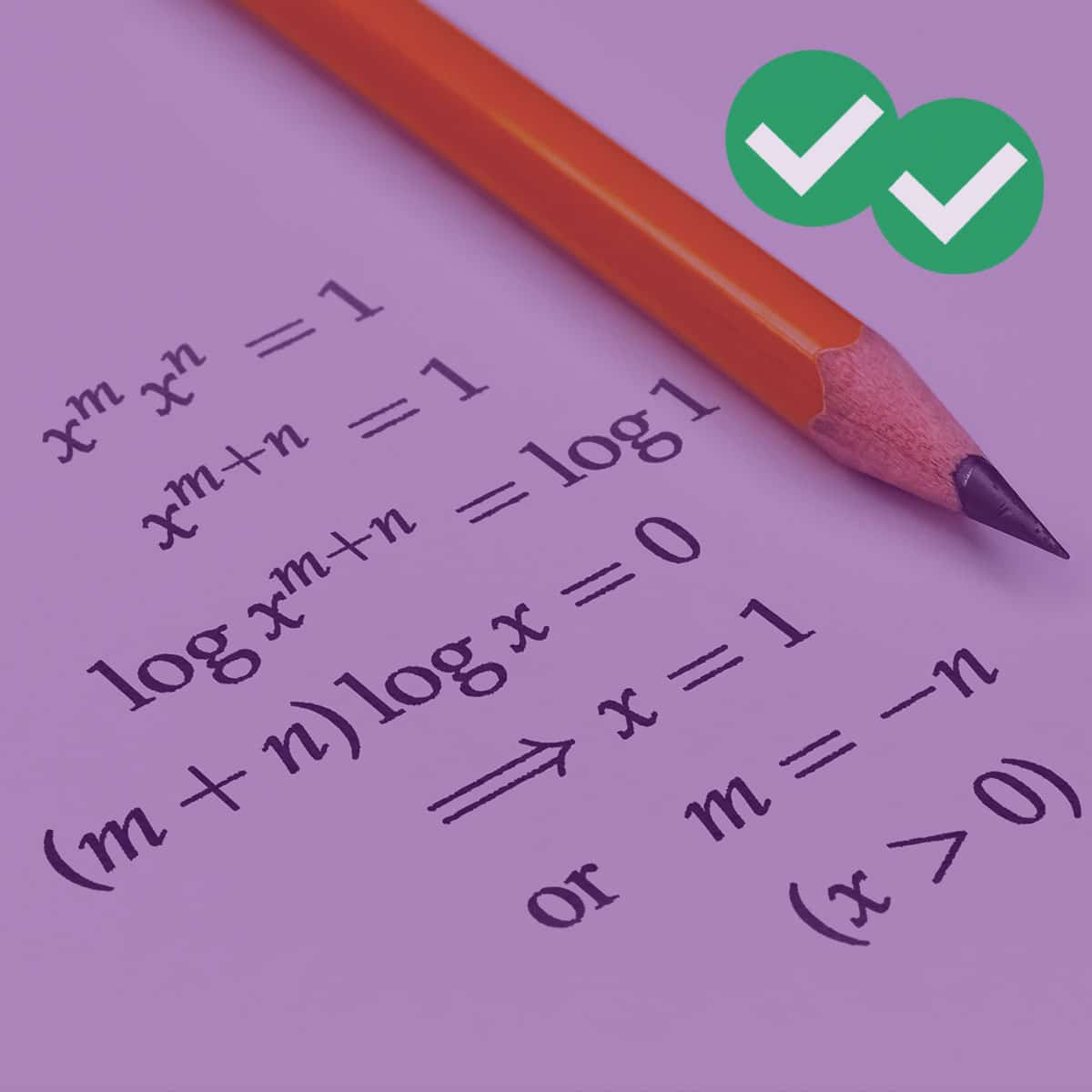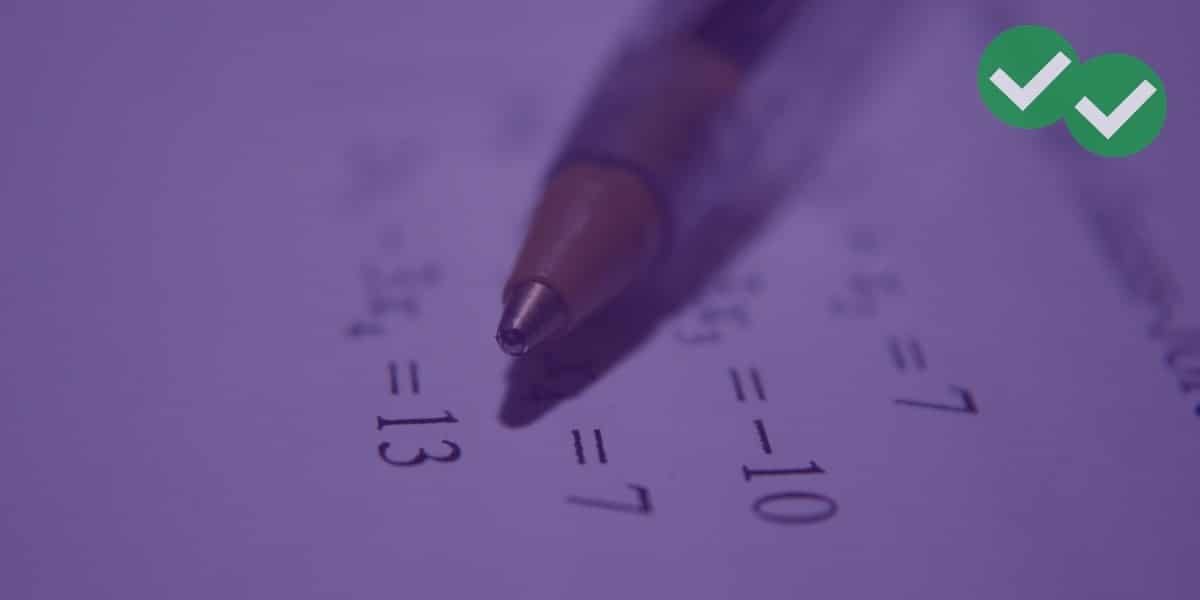
If you’re feeling a little tangled up in permutations and combinations, you’re not alone. These concepts are key players in many fields, including probability theory, statistics, and computer science. And yes, they also love to pop up in the GRE’s quantitative reasoning section. But don’t worry, we’ve got your back. Let’s untangle these topics together so you can tackle the GRE with confidence.
Permutation vs. Combination: What’s the Difference?
Before delving into strategies, let’s clarify the difference between permutations and combinations. Permutations deal with the arrangement of objects, considering the order of the elements, while combinations focus on selecting a subset of objects without regard to their order.
Picture this – you’ve got three books (A, B, C) and you want to choose all or some of them for your bookshelf. Every different choice also counts as a possible arrangement. That’s what permutations are all about: selection and arrangement. The formula? nPr = n! / (n – r)!, where ‘n’ is the total number of objects and ‘r’ is the number of objects arranged.
Let’s say you want to choose two of those books for your bookshelf. The formula would then be 3! / (3 – 2)!, which would then be 6 / 1 = 6. In other words, your options would be: 1. AB, 2. AC, 3. BA, 4. BC, 5. CA, 6. CB.
Now, imagine you’ve got those same three books, but this time, you will choose any two to read tonight. This time, while the choice matters, the order does not – that’s a combination. The formula? nCr = n! / (r! * (n – r)!), where ‘n’ is the total number of objects and ‘r’ is the number of selected objects.
3! / (2! * (3 – 2)!) = 6 / (2! * 1!) = 6 / 2 = 3
There are three possible combinations of books! These would be: 1. AB, 2. AC, 3. BC.
Strategies to Master Permutations and Combinations
Now that we’ve got the basics down, let’s move on to some killer strategies:
Understand the Concepts
Start by getting cozy with the definitions and formulas. Practice calculations using these formulas until they feel second nature.
Identify Problem Types
Get good at spotting the different types of permutation and combination problems that the GRE loves to throw at you. Practice categorizing problems to develop an intuitive approach for each type.
Work with Concrete Examples
Use real-world examples to reinforce your understanding. Visualize and manipulate objects to get a solid grasp of the concepts.
Practice, Practice, Practice
The more you practice, the better you’ll get. Start with simpler questions and gradually level up to more complex ones. Keep an eye out for patterns and shortcuts to save time during the exam.
Seek Additional Resources
Don’t be shy about seeking help. GRE prep books, online forums, tutors, and GRE courses can provide invaluable insights and strategies.
Review Mistakes
Keep a log of the mistakes you make during practice and revisit them regularly. This will help you spot any gaps in your understanding and keep you from repeating the same errors.
In conclusion, mastering permutations and combinations for the GRE isn’t about memorizing a bunch of formulas. It’s about understanding the concepts, recognizing patterns, and applying the right strategies. So, familiarize yourself with the formulas, practice regularly, and don’t be afraid to seek help. With dedicated practice and strategic preparation, you can ace these questions and boost your GRE score.






Leave a Reply